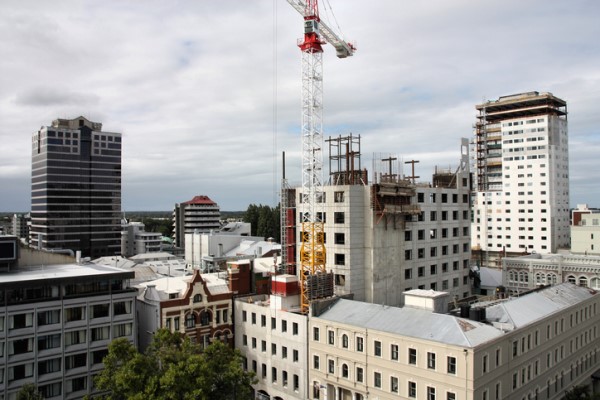Albanese Government addresses ongoing tradie shortage

The Albanese Government has addressed the ongoing tradie shortage to overcome Australia’s housing crisis. From 1 July 2025, eligible apprentices in the residential construction sector will receive $10,000 in incentive payments in addition to their wages under a new Key Apprentices Program.
Apprentices within the building and construction industry currently receive a front-loaded payment of $5,000. This will continue to be available for apprentices who aren’t eligible for the program and has been extended until the end of 2025.
“Australia’s building and construction industry faces the enormous task of building enough homes, commercial premises and infrastructure to meet increasing demand and a growing population,” Master Builders Australia chief executive Denita Wawn says.
“The revised staggering of payments is something Master Builders Australia has long called for, so there is a financial incentive for apprentices to complete their training.”
Approximately 50% of apprentices didn’t complete their training and Denita says the new staged payments approach will hopefully see the rate of completions increase.
“We are disappointed that the high costs associated with hiring and training and apprentices has not been recognised yet. In the building and construction industry, 98% are small and they are doing it tough.” she says.
The Strategic Review of the Australian Apprenticeship Incentive System made 34 recommendations, several focusing on supporting employers including the role group training organisation have in supporting small and medium business (SME) to hire apprentices.
The report also outlined that 60% of apprentices are taken on by SMEs. Housing Industry Association (HIA) managing director Jocelyn Martin states that the residential building industry currently employs approximately 278,000 tradies across the 12 key trade occupations required for home building.
She also found that the trades workforce must grow by a minimum of 30% to meet the Accord’s goals which is over 83,000 additional tradies.
“While incentive payments are a key piece to addressing skills shortages, it is just one tool in the toolkit government has to address this issue and make the delivery of housing a priority,” Jocelyn says.
“We can only make housing a priority if we have a workforce capable of building the homes we need to reduce the barriers to home ownership.”
